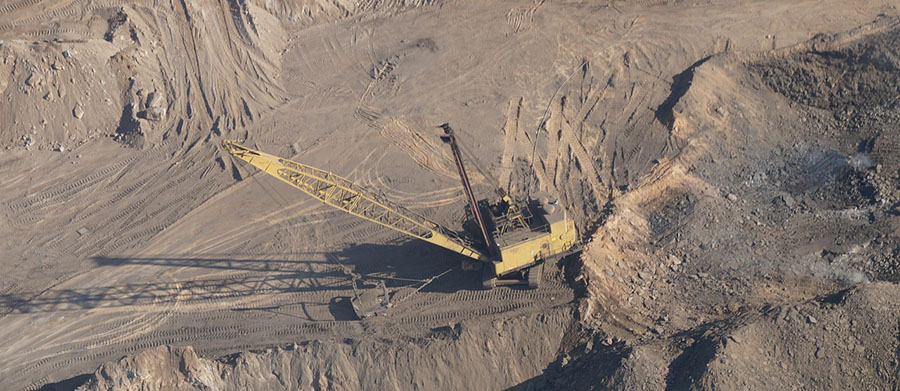Germany Debates on Coal, Gas Plant Incentives
Source: Dow Jones, Jan Hromadko (6/29/11)
"Germany fumbles for new energy sources following its exit from nuclear power."
Dow Jones, Jan Hromadko
Key German energy industry and government officials Wednesday debated whether the country should enact financial incentives to promote new coal- and gas-fired power plants that many experts think will be needed in light of Germany's impending nuclear energy exit.
Under one government proposal being developed, the German government could grant utilities incentives that would help pay up to 15% of power plant construction costs, German Economics Minister Philipp Roesler said. But the measure is opposed by large German utilities who would not be eligible.
Participants at a large energy conference staked out their views as Europe's largest economy works to begin to develop a viable plan for keeping its factories running even as it shutters nearly one-quarter of its electricity supply.
Chancellor Angela Merkel's government intends to phase out all nuclear power generation by the end of 2022 after the Fukushima reactor accidents in Japan. Merkel has signaled that she wants Germany to shift towards greater use of renewable energy. But some experts are skeptical Germany can make the transition in an economically viable manner by relying strictly on renewable power.
To replace this shuttered nuclear capacity, up to 17 gigawatt coal and gas-fired power production capacity is needed by 2020 to meet energy demand, German energy industry association BDEW said this week.
Yet utilities and market observers warn that electricity prices are now too low to justify investment in new power plants.
Stephan Kohler, president of a semi government-owned energy think-tank known as Dena, said that incentives for new power plants should come in the form of "capacity premiums," which fund part of the construction of power plants.
The government's current version of the policy would permit utilities to participate only if they have less than 5% market share of the German power production market, said Economics Minister Roeslerhe.
Key German energy industry and government officials Wednesday debated whether the country should enact financial incentives to promote new coal- and gas-fired power plants that many experts think will be needed in light of Germany's impending nuclear energy exit.
Under one government proposal being developed, the German government could grant utilities incentives that would help pay up to 15% of power plant construction costs, German Economics Minister Philipp Roesler said. But the measure is opposed by large German utilities who would not be eligible.
Participants at a large energy conference staked out their views as Europe's largest economy works to begin to develop a viable plan for keeping its factories running even as it shutters nearly one-quarter of its electricity supply.
Chancellor Angela Merkel's government intends to phase out all nuclear power generation by the end of 2022 after the Fukushima reactor accidents in Japan. Merkel has signaled that she wants Germany to shift towards greater use of renewable energy. But some experts are skeptical Germany can make the transition in an economically viable manner by relying strictly on renewable power.
To replace this shuttered nuclear capacity, up to 17 gigawatt coal and gas-fired power production capacity is needed by 2020 to meet energy demand, German energy industry association BDEW said this week.
Yet utilities and market observers warn that electricity prices are now too low to justify investment in new power plants.
Stephan Kohler, president of a semi government-owned energy think-tank known as Dena, said that incentives for new power plants should come in the form of "capacity premiums," which fund part of the construction of power plants.
The government's current version of the policy would permit utilities to participate only if they have less than 5% market share of the German power production market, said Economics Minister Roeslerhe.

























































